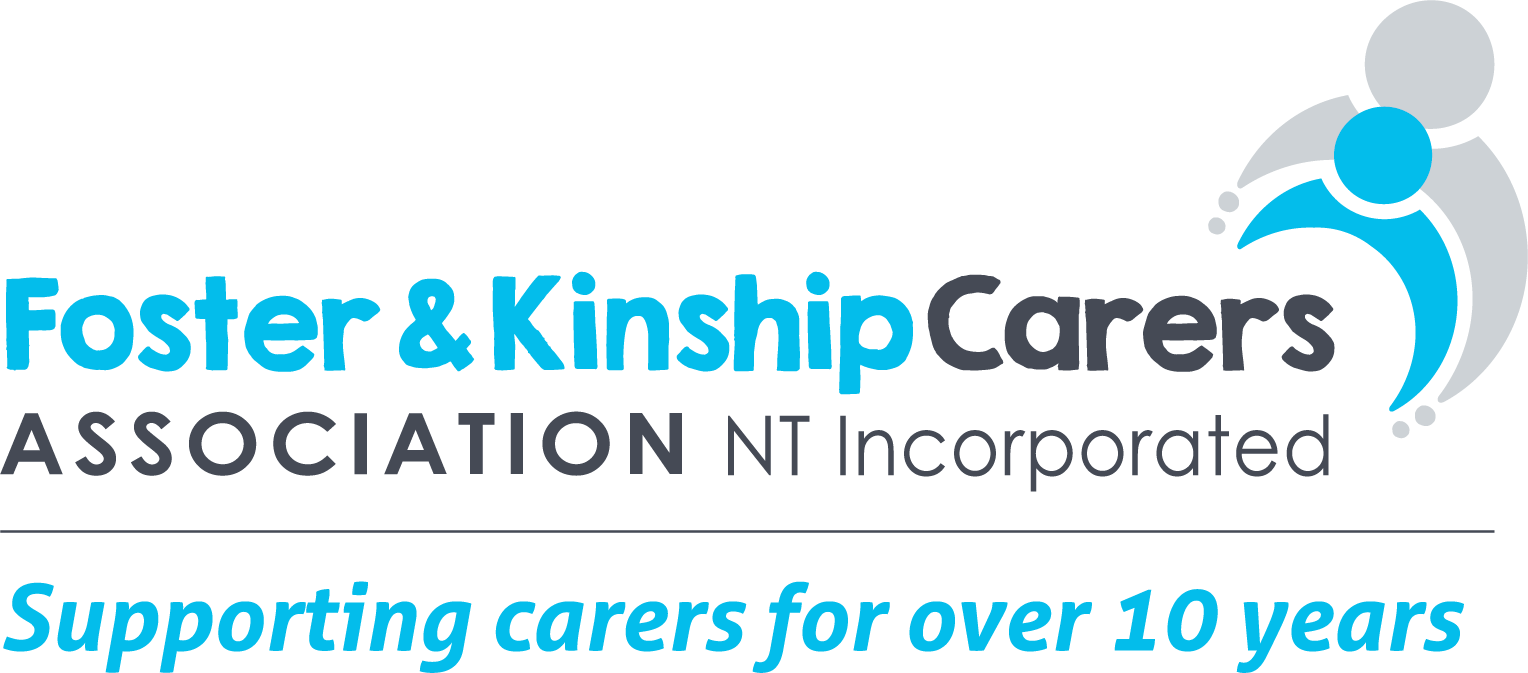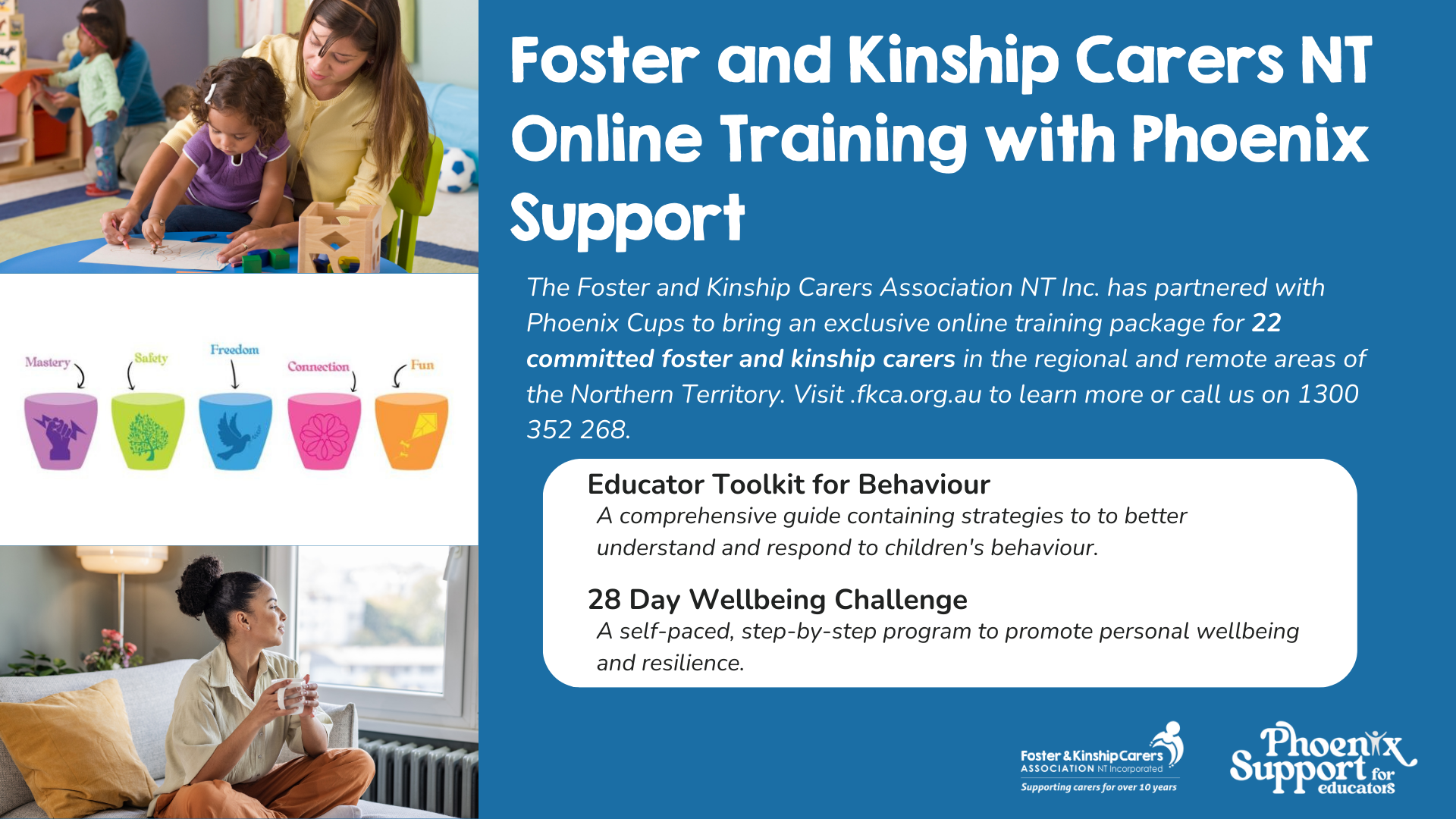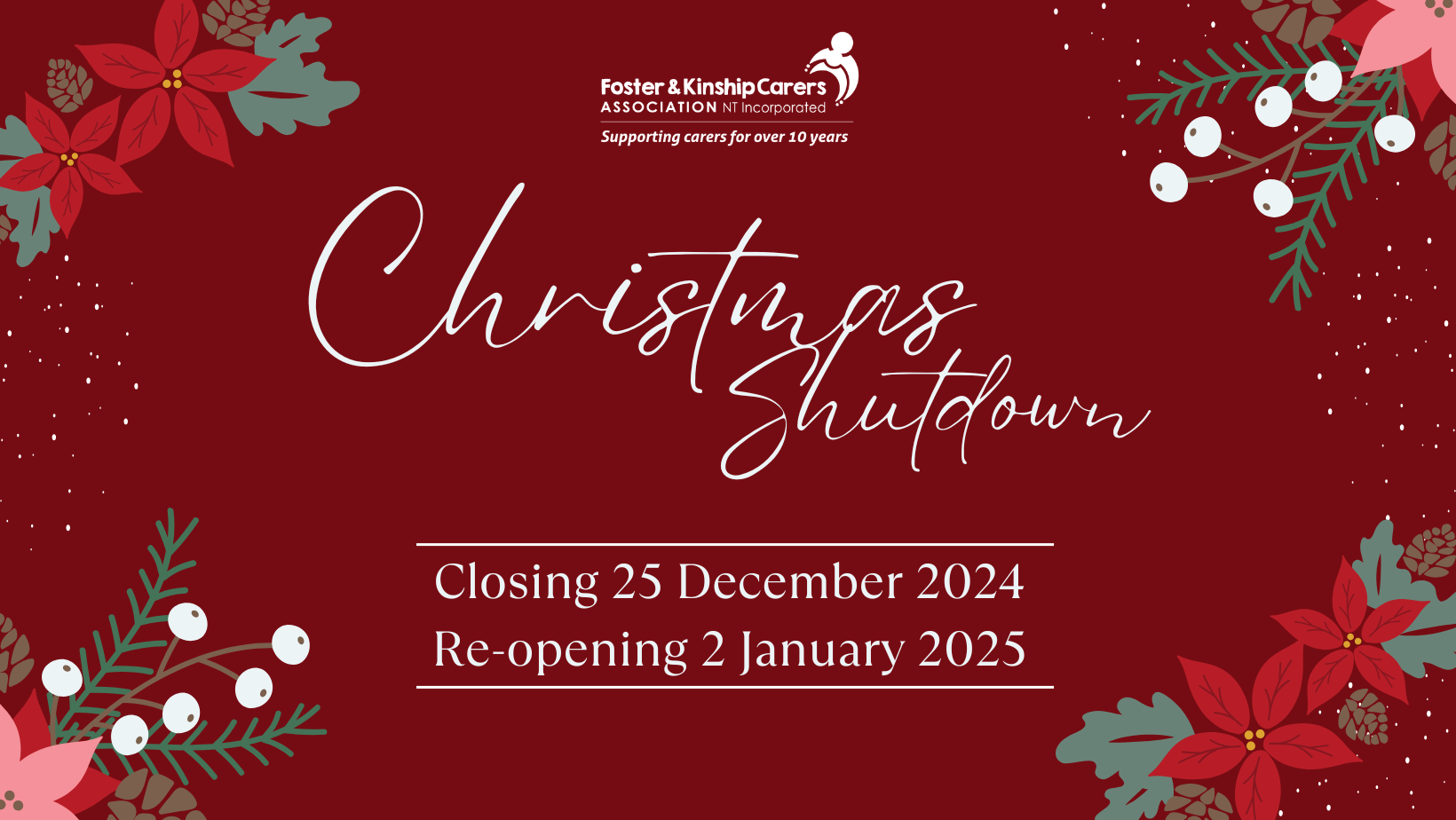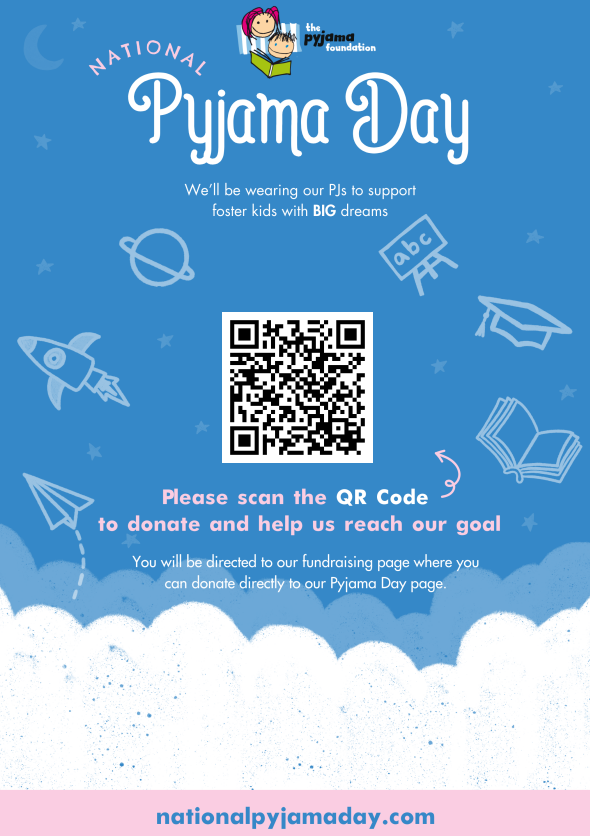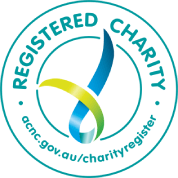1300 352 268
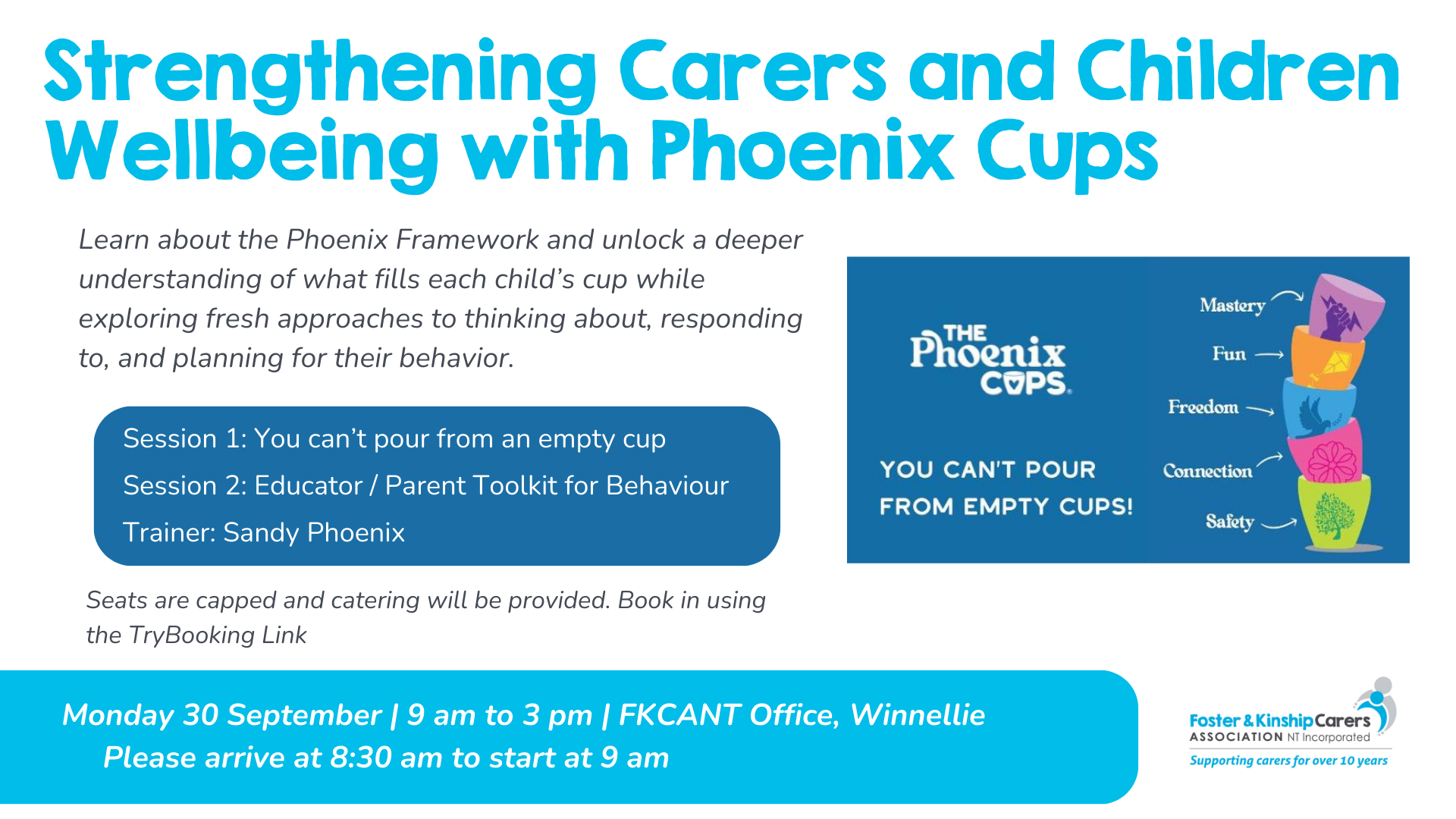
30 September | 9am to 3pm | FKCANT Office
As carers, you give so much of yourselves to support the children in your care. But we, your carer support, know you can't pour from an empty cup. That's why we've brought you this particular training session with Sandy Phoenix from Phoenix Cups. This session is designed to help you recognise and address your needs and understand, plan, and meet the needs of the children you support.
Using the Phoenix Cups framework, you'll learn how to identify unmet needs—yours and the child's—and discover effective strategies to address these needs through learned behaviours. This approach aims to enhance both your wellbeing and the wellbeing of the children in your care, creating a more balanced and nurturing environment for everyone involved.
Join us for the following:
You can’t pour from an Empty Cup
Sandy will introduce you to a holistic framework and a shared language about basic human life needs, motivation, wellbeing, and behaviour. In this foundational session, you'll explore the evolution of psychological approaches to human behaviour and wellbeing. We will explore how our basic human needs influence our motivations and actions. This understanding will be the stepping stone for developing your personal wellbeing plan, laying the groundwork for carer wellbeing.
Educator/Parent Toolkit for Behaviour
Learn new ways of thinking about, responding to, and planning for children's behaviour.
We recommend that carers attend the entire session as the foundational understanding session one sets the stage for the following workshop that delves deeper into the motivations behind children's behaviours and their correlation with unmet needs. By the end of this course - you'll be better prepared to support the children in your care with empathy and understanding.
To attend on the day, we recommend to RSVP by 20 September using the event link here.
This training is offered to registered volunteer Territory Families Housing and Community Volunteer Carers and FKCANT members.
See More News
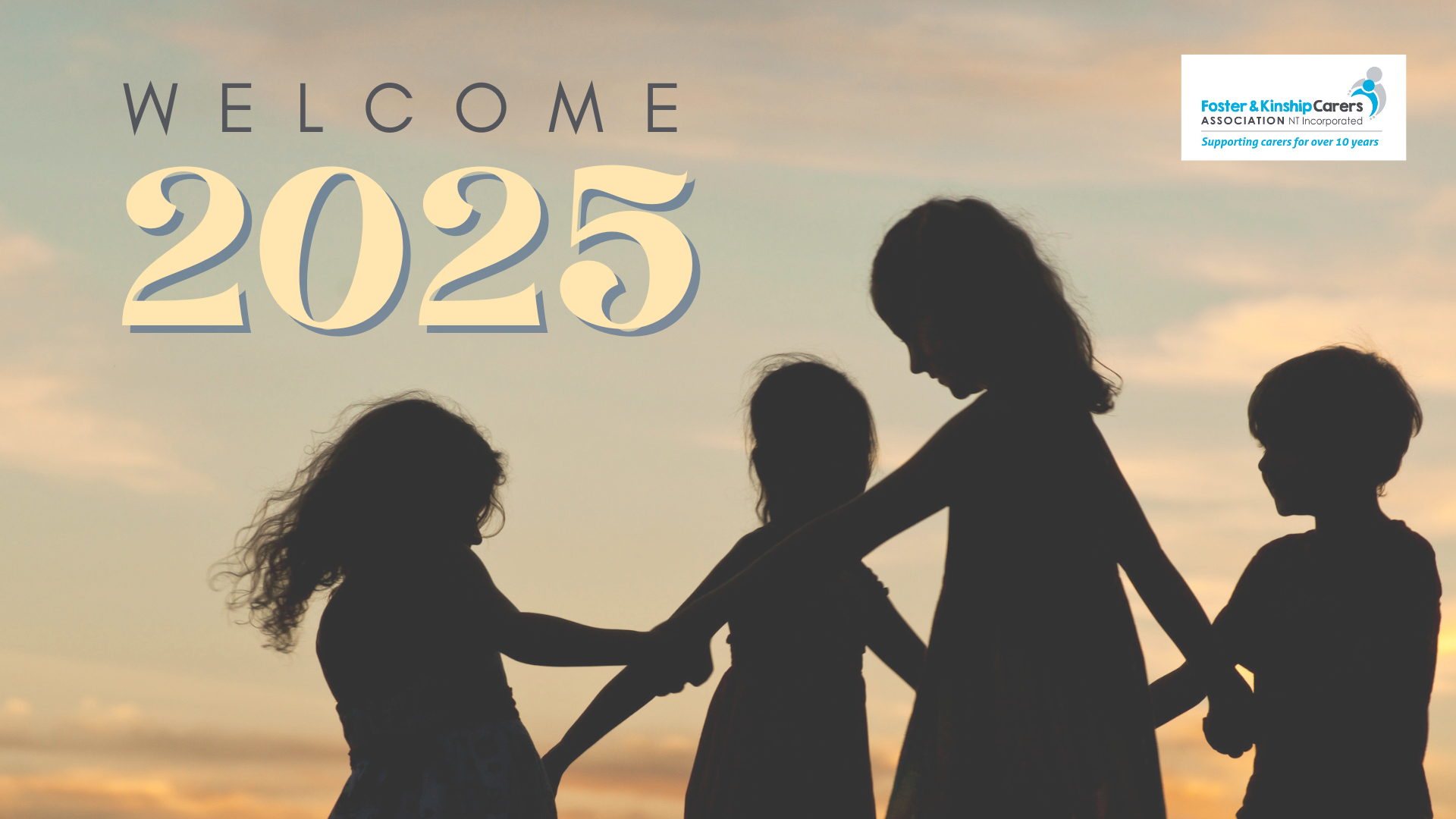
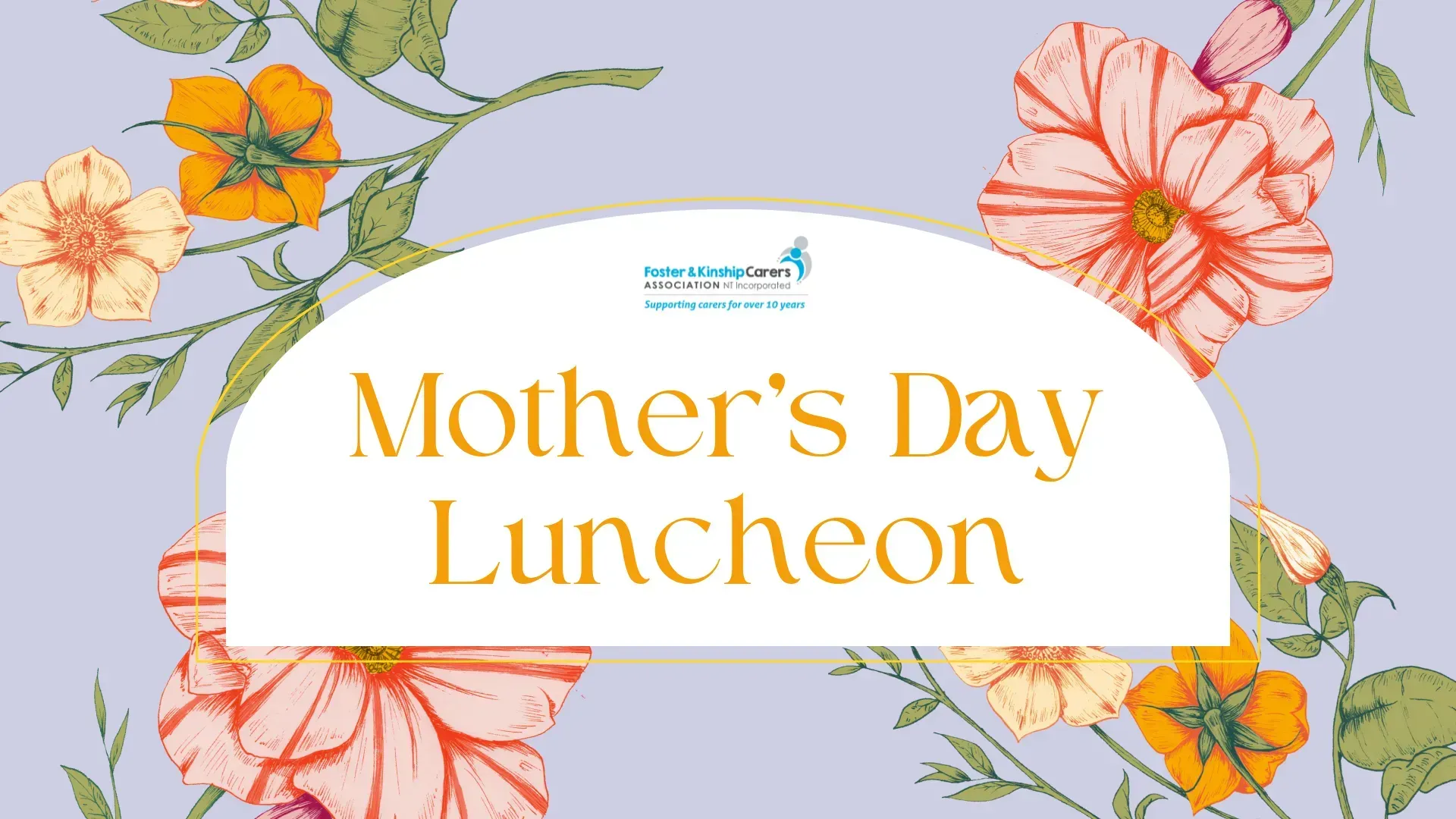
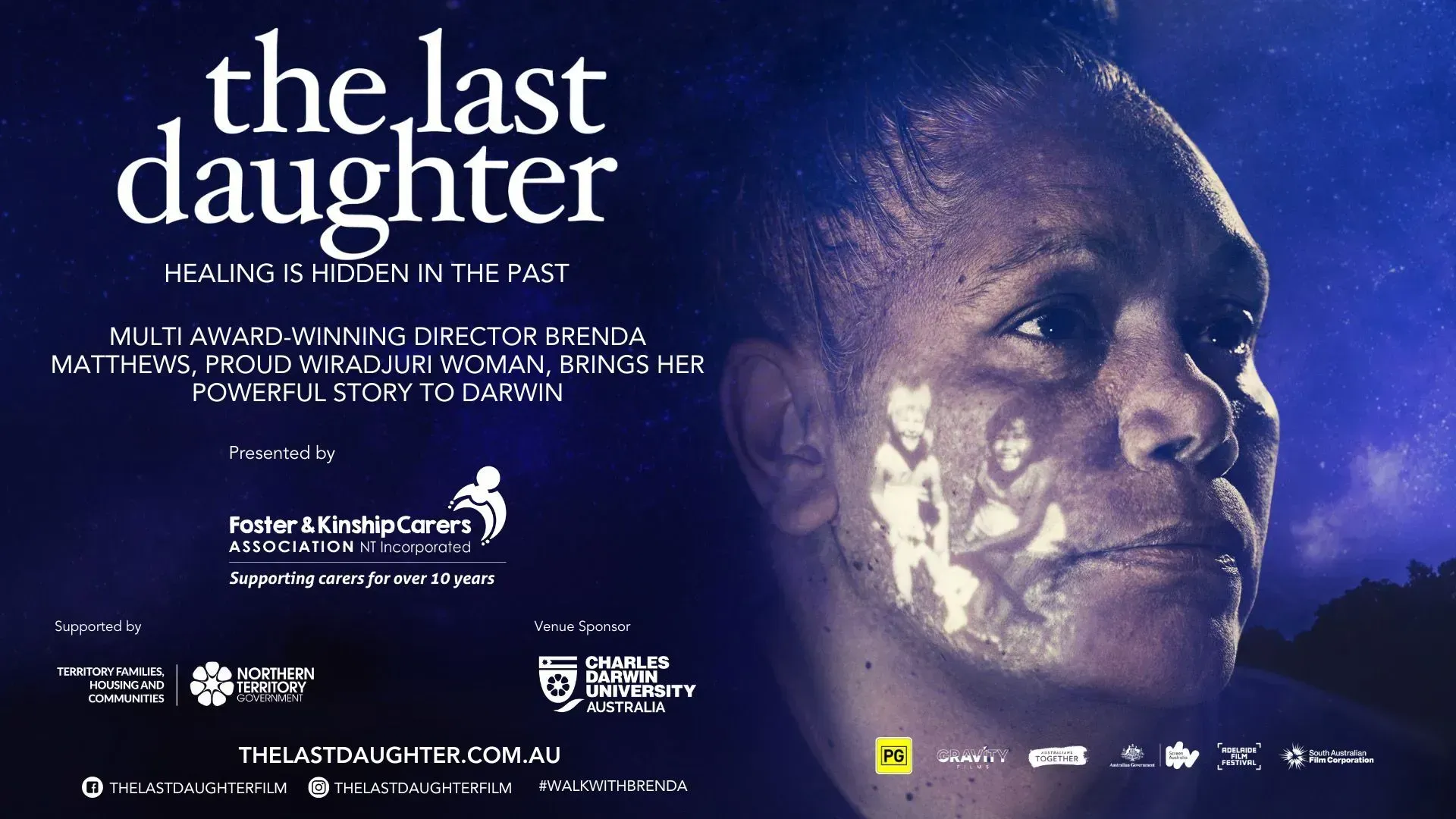
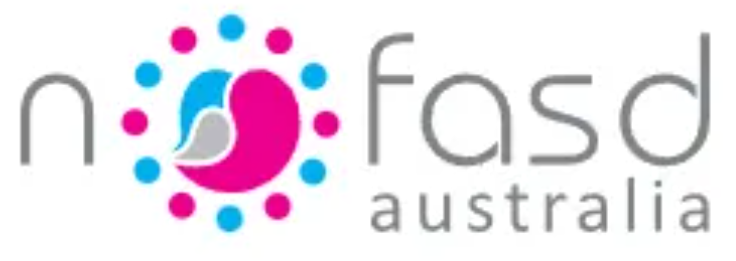

Stay up to date
on the latest news and events
News Signup
Thank you for subscribing!
Please try again later
DARWIN
ALICE SPRINGS
KATHERINE
TENNANT CREEK
NHULUNBUY
Foster and Kinship Carers Association NT Incorporated proudly acknowledges the traditional owners of country throughout Northern Territory, and recognises their continuing connection to their lands, waters and communities. We pay our respects to Aboriginal cultures, and to Elders past, present and emerging.
© Copyright
Foster Kinship Carers Association NT Inc
ABN 44 523 770 355
